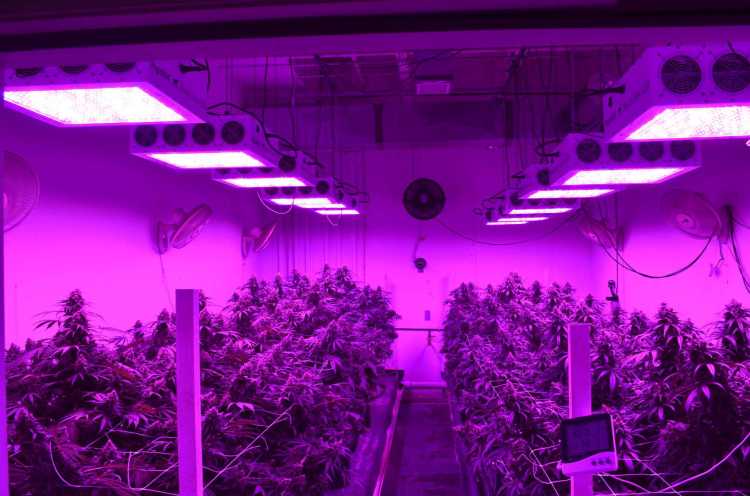

FREE SEEDS HERE!
Fill out the form below and you will receive an email with instructions how to complete the “Free Seed Giveaway”. No purchase, no gimmicks, no bullshit. Just FREE SEEDS!!





Studies have shown that cannabinoids can inhibit the growth of cancer cells in lab settings or even induce their death through a process called apoptosis. This research has opened up exciting possibilities for utilizing cannabinoids as a potential adjunctive treatment for cancer. However, it’s important to emphasize that these findings do not imply that cannabis alone can cure cancer or replace conventional cancer treatments.
The discovery of cannabinoids’ potential anti-cancer effects has paved the way for ongoing research into their medical applications. Scientists are investigating how cannabinoids, such as tetrahydrocannabinol (THC) and cannabidiol (CBD), interact with cancer cells and their surrounding microenvironments. They are also studying the optimal dosage and delivery methods to maximize the potential therapeutic benefits while minimizing side effects.
In addition to their potential anti-cancer properties, cannabinoids have also been explored for their ability to alleviate cancer-related symptoms, including pain, nausea, and loss of appetite. Some cancer patients have reported finding relief from these symptoms through the use of medical cannabis products.


From The wild mind of Eddy Woods.
-
Brain computer interface, CIA, MkUltra Gone Global/Industrial Commercial, WBAN, Biosensors, 802.15.6 -5 -4, Biodigital Convergence
The article delves into the evolution and potential of brain-computer interface (BCI) technology. Originating with the CIA’s MKUltra program, BCI has grown from scientific research to commercial utilization across industries such as healthcare and gaming. Recent advancements include BCI integration with Wireless Body Area Networks (WBANs) and biosensors, enhancing mind-machine communication. Wireless protocols like 802.15.6…
-
Beautiful and so true
-
The Power of Determination
If you have a goal that excites you, one that you know your intuition is in full alignment with, then you must use your own energy and commitment to carry your vision boldly forward. A new idea or a big shift in how you want to live your life will not always be supported byContinue…

Deep Water Culture, often referred to as DWC, is a hydroponic farming technique used specifically for growing cannabis plants. It is considered one of the most effective and efficient methods of cannabis cultivation.
In a DWC system, cannabis plants are suspended in nutrient-rich water with their roots submerged. The water is constantly aerated using air pumps and air stones to ensure a sufficient supply of oxygen to the roots. The cultivation containers used in DWC systems are typically made of food-grade plastic buckets or reservoirs.
The main advantage of DWC for cannabis cultivation is its ability to provide a highly oxygenated and nutrient-dense environment for the plants’ roots. This promotes rapid growth, larger yields, and healthier plants. Additionally, because the roots are constantly submerged in water, plants have easy access to nutrients, resulting in faster nutrient uptake compared to traditional soil cultivation.
However, there are a few important considerations when implementing a DWC system. It’s crucial to maintain proper nutrient levels and pH balance in the water, as imbalances can lead to nutrient deficiencies or toxicities. Regular monitoring of water temperature is also essential to prevent root rot or the growth of harmful bacteria.

In hydroponics, plants need both macro and micro nutrients for their growth and development. Macro nutrients are required in larger amounts, while micro nutrients are needed in smaller quantities. The main macro nutrients are nitrogen, phosphorus, potassium, calcium, magnesium, and sulfur.
These nutrients are important for photosynthesis, cell division, and energy production in plants. Micro nutrients, also known as trace elements, include iron, manganese, zinc, copper, molybdenum, boron, and chlorine. Even though plants need smaller amounts of micro nutrients, they are still essential for the overall health and proper functioning of plants in hydroponic systems.
It is important to have a careful balance and availability of both macro and micro nutrients to ensure optimal plant growth and productivity.
